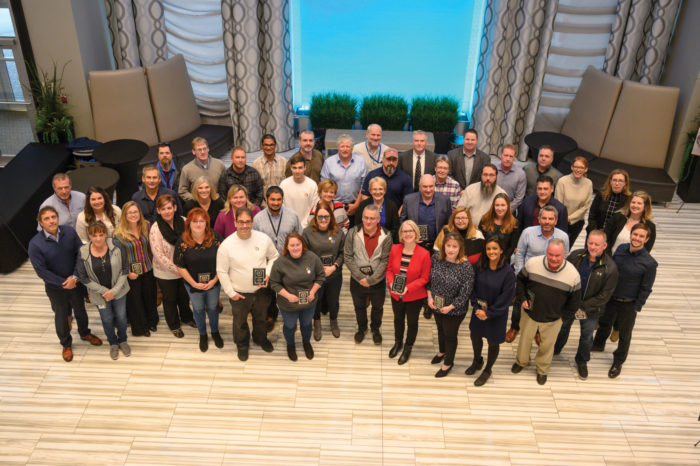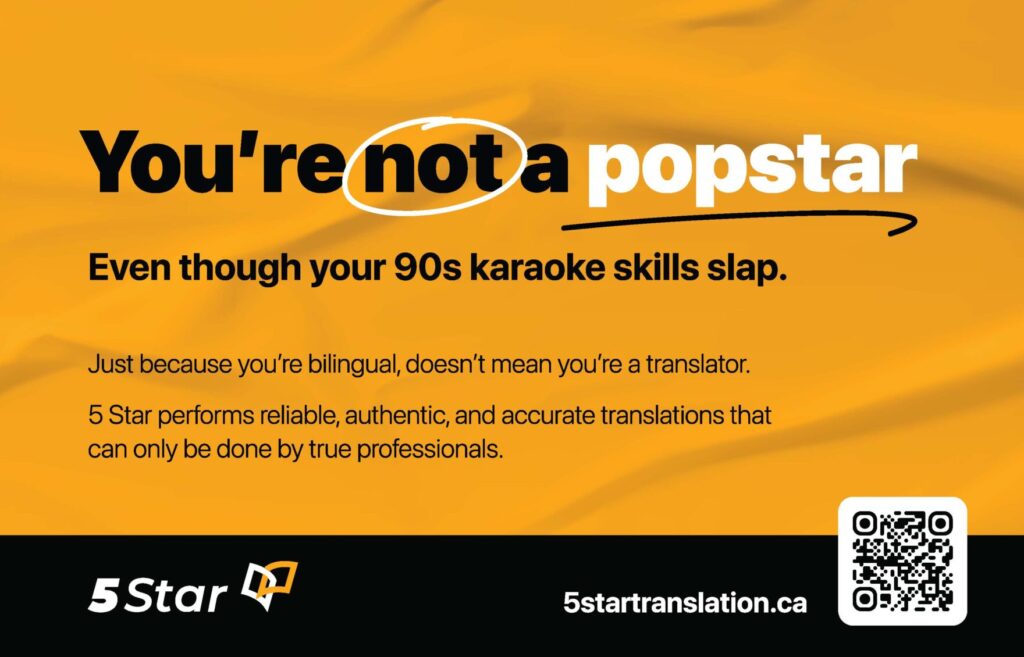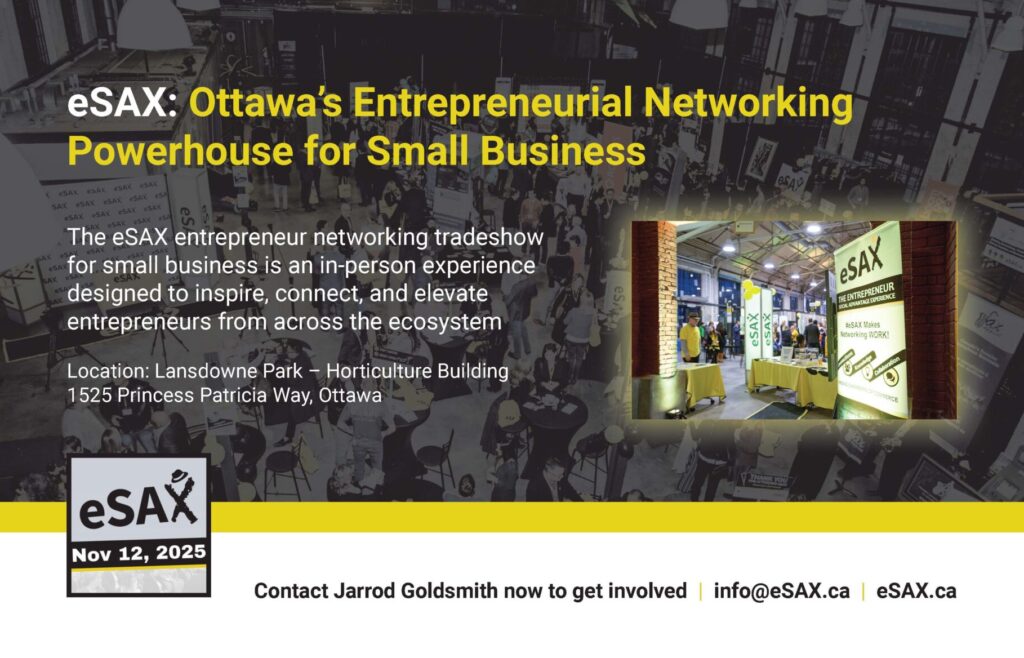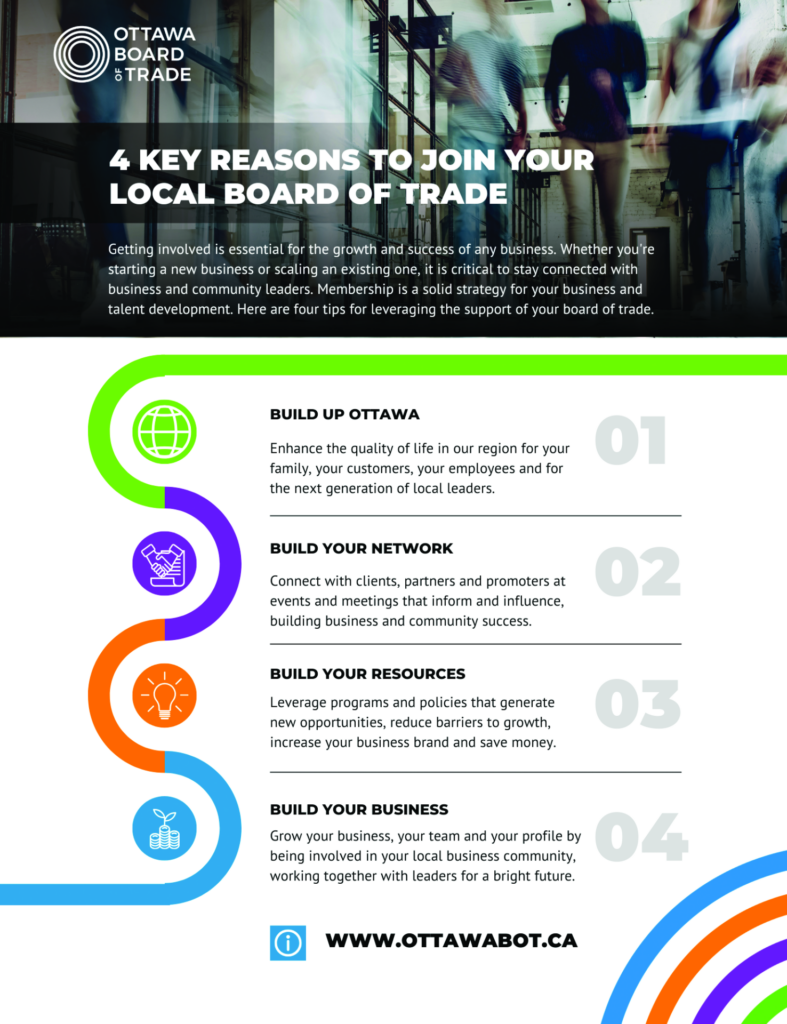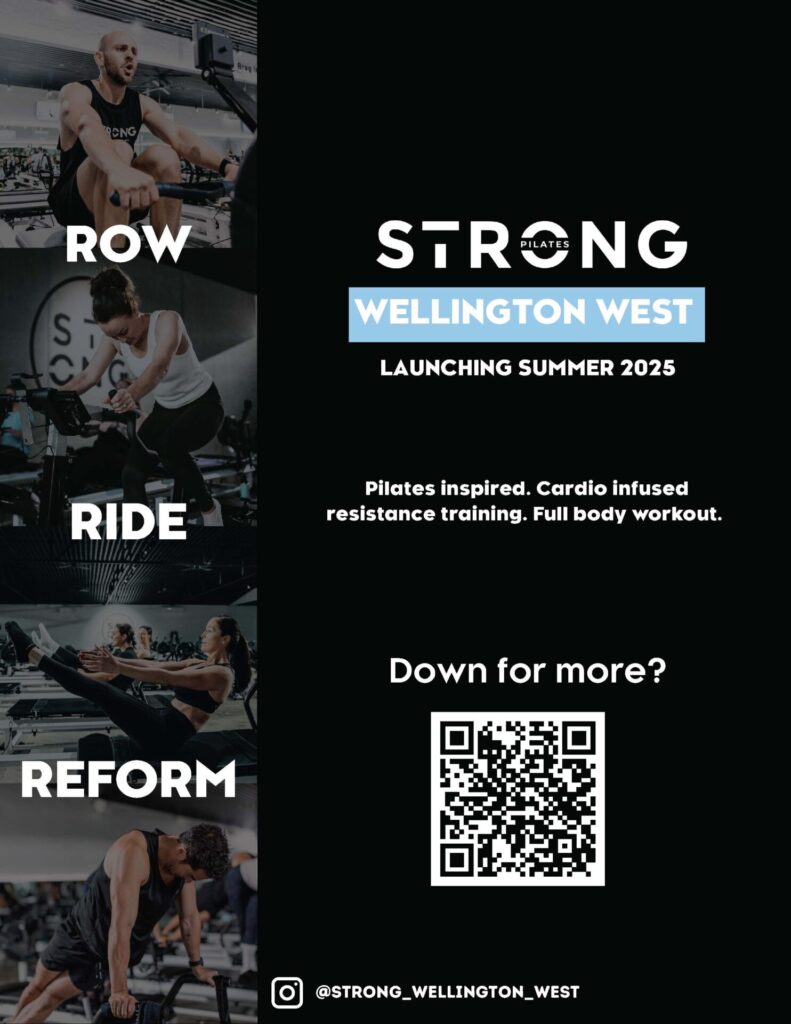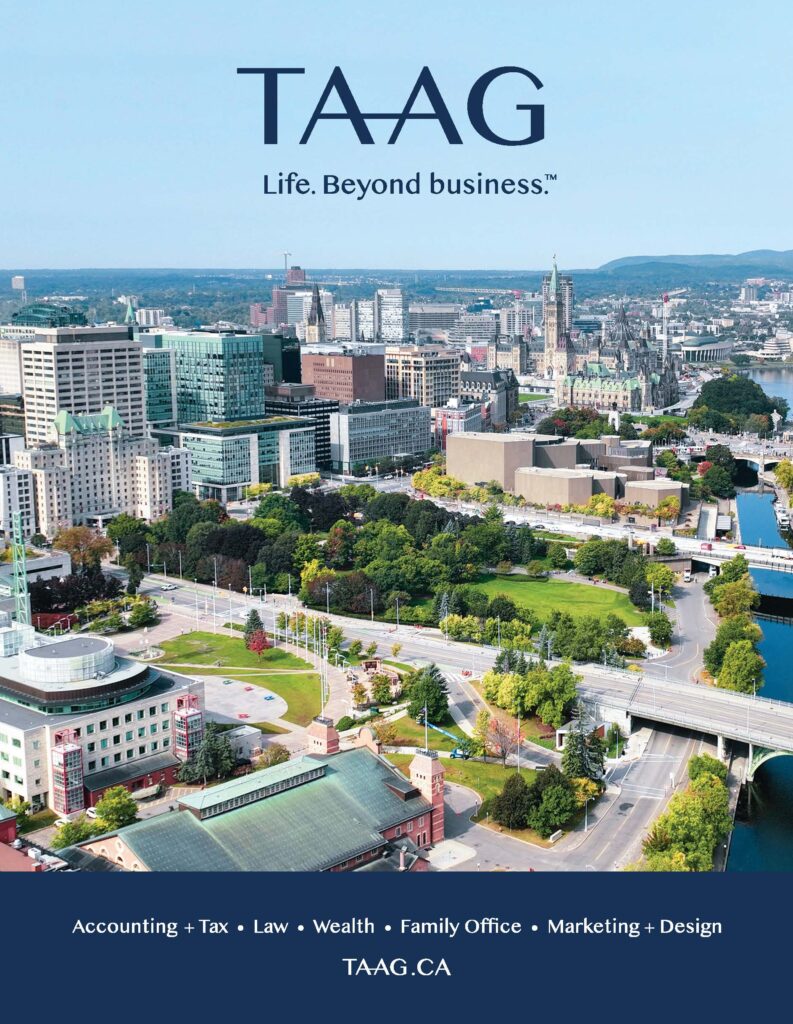Carleton Co-Op Program Drives Recruitment Success
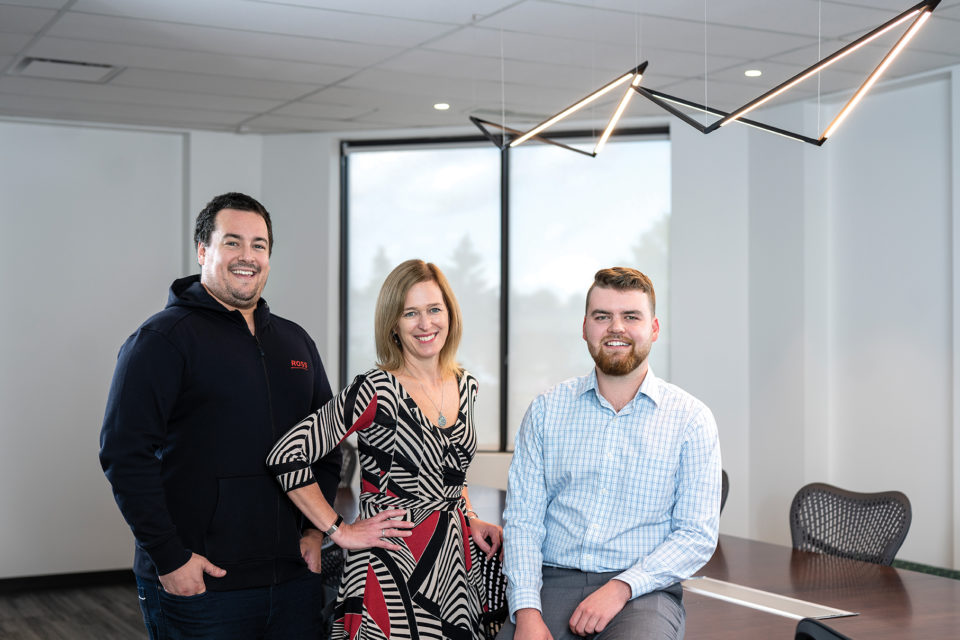
From left to right: Ross Video’s Ian Durant, Human Resources Business Partner in Research and Development, and Cathy McCallion, Recruitment Strategy and Community Relations Manager, with Cameron Ward, full-time FPGA Developer and former Carleton co-op student.
Ross Video, a leading international live production company, with more than 800 employees worldwide in 19 countries, credits much of its local recruiting success to Carleton University’s Co-op program, from whom it has been hiring since 2001, including over 30 student employees in 2019.
“We have found students coming from Carleton to be so well prepared for the world of work. They hit the ground running really quickly, and many are extremely productive members of our team right away,” says Ian Durant, human resources business partner for Ross Video’s research and development team.
Carleton co-op students seem willing to take the initiative and roll up their sleeves to put in the hard work needed to get the job done, he adds.
Carleton’s program, established in 1988, has expanded substantially, notes Courtney Régimbald, the university’s director of career development and co-operative education. “We’ve been able to grow at about 10 to 15 per cent per year, particularly in the last five to six years. We have over 149 different programs within co-operative education that we oversee and provide opportunities for,” she says.
Students bring fresh ideas. They are eager to contribute. They have the most up-to-date training and education relating to their field and their program
About 3,000 co-op students are hired annually in various professions where employment demand is high, including electrical and software engineering, computer science, and accounting and finance, among others.
“Students bring fresh ideas. They are eager to contribute. They have the most up-to-date training and education relating to their field and their program. So they’re able to step in for a short or longer period of time to fill the talent pipeline,” Régimbald explains.
In addition to possessing strong technical skills, Carleton students must successfully complete a course covering topics such as professional ethics and etiquette, resume writing, and interview preparation.
Carleton’s Co-op program includes four, eight, 12 and 16-month terms, depending on a student’s program.
Cameron Ward, now a full-time Field Programmable Gate Array (FPGA) developer at Ross Video, completed both an eight month and a 12-month co-op work term with the company before graduating from Carleton University in the spring of 2019.
“Having that experience to be able to go in and see what the work environment is like, and work on a team where collaboration and communication is critical, and then go back to school and do more classes allows you to see your education in a different light. That’s important, in my opinion,” he says.
Cathy McCallion, Ross Video’s recruitment strategy and community relations manager, says the opportunity to work with Carleton co-op students for longer terms benefits both student and employer.
“Our best practice is to hire the students for four-month terms and then extend. I think that is a testament to Carleton as we end up extending so many of their students for two or more terms,” she elaborates.
Furthermore, notes Régimbald, this provides employers with the opportunity to essentially bypass the entire probationary period if they want to pursue hiring the student after graduation because they already know they are getting a credible employee who will work hard and benefit the company.
The co-op experience “is a really great way for students to build their future, and we’re happy to be able to support it. We’ve had some fantastic success stories—in particular with our partnership with Ross Video,” says Régimbald.
And that feeling is reciprocal. “We value our partnership with Carleton. They really accommodate us and are creative in helping to meet all of our needs,” Durant stresses.
